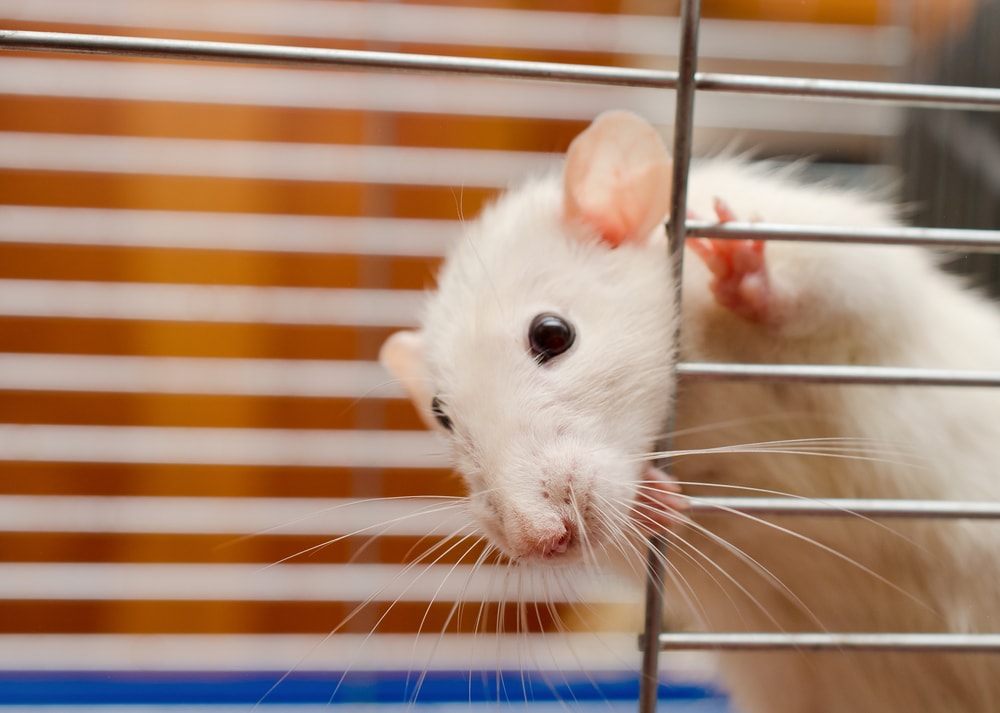In today's fast-paced world, the need for efficient and effective pest control is greater than ever. One of the most pressing issues is the smart detection of rodent infestations. This innovative method is transforming the way we manage and mitigate the risks associated with rodents. By leveraging technology, we can now detect infestations earlier and more accurately, ultimately protecting our homes and businesses from the damage these pests can cause.
Rodents, such as mice and rats, are not just a nuisance; they pose serious health risks and can cause significant structural damage. Traditional methods of pest control often rely on visual inspections and manual traps. However, these methods can be time-consuming and may not catch infestations until they have already become severe. This is where the smart detection of rodent infestations comes into play, offering a more proactive approach.

The Rise of Smart Detection Technology
The advent of smart technology has revolutionized many aspects of our lives, and pest control is no exception. The integration of sensors, cameras, and data analytics has enabled the development of systems that can detect the presence of rodents in real-time. These systems can be installed in homes, warehouses, and businesses, providing continuous monitoring and immediate alerts.
For example, in AI Rodent Control for Restaurants, smart devices are used to monitor high-risk areas, ensuring that any signs of infestation are detected early. This proactive approach not only helps in maintaining hygiene standards but also prevents potential damage and health hazards.
How Does Smart Detection Work?
The technology behind the smart detection of rodent infestations is both fascinating and complex. It typically involves a combination of sensors and cameras strategically placed in areas prone to infestations. These devices are capable of detecting movement, body heat, and even specific sounds associated with rodents.
Once a potential infestation is detected, the system sends alerts to the property owner or pest control service. This allows for immediate action, reducing the time rodents have to cause damage. Additionally, the data collected can be analyzed to identify patterns and trends, helping to predict future infestations and improve overall pest management strategies.
Benefits of Smart Detection Systems
The benefits of using smart detection systems for rodent control are numerous. Firstly, they offer a higher level of accuracy compared to traditional methods. This is crucial in environments where even a small infestation can have serious consequences, such as food processing plants and warehouses.
In fact, pest control essentials for food processing plants highlight the importance of early detection in maintaining safety and compliance. Smart detection systems provide peace of mind, knowing that any signs of infestation will be swiftly identified and addressed.
Moreover, these systems are cost-effective in the long run. By preventing severe infestations, businesses can save on costly repairs and potential fines. They also reduce the need for chemical treatments, which can be harmful to the environment and non-target species.
Challenges and Considerations
While the advantages of smart detection systems are clear, there are also challenges to consider. The initial cost of installing these systems can be a barrier for some businesses and homeowners. However, the long-term savings and benefits often outweigh the upfront investment.
Additionally, the effectiveness of these systems depends on proper installation and maintenance. Regular updates and calibrations are essential to ensure the technology continues to function optimally. It is also important to work with reputable providers who can offer ongoing support and service.
Conclusion
The smart detection of rodent infestations represents a significant advancement in pest control. By utilizing cutting-edge technology, we can detect and address infestations more effectively than ever before. This modern approach not only protects our properties but also contributes to a healthier and safer environment.
As technology continues to evolve, we can expect even more innovative solutions to emerge in the field of pest control. Staying informed and embracing these advancements will be key to managing rodent infestations in the future.

FAQs
What are the main benefits of smart detection systems?
Smart detection systems provide real-time alerts, higher accuracy, and cost savings by preventing severe infestations and reducing the need for chemical treatments.
How does smart detection technology work?
Smart detection involves sensors and cameras that detect movement, heat, and sounds associated with rodents, sending alerts for immediate action.
Are smart detection systems worth the investment?
Yes, the long-term benefits, including cost savings and improved pest management, often outweigh the initial investment costs.
This article contains affiliate links. We may earn a commission at no extra cost to you.
